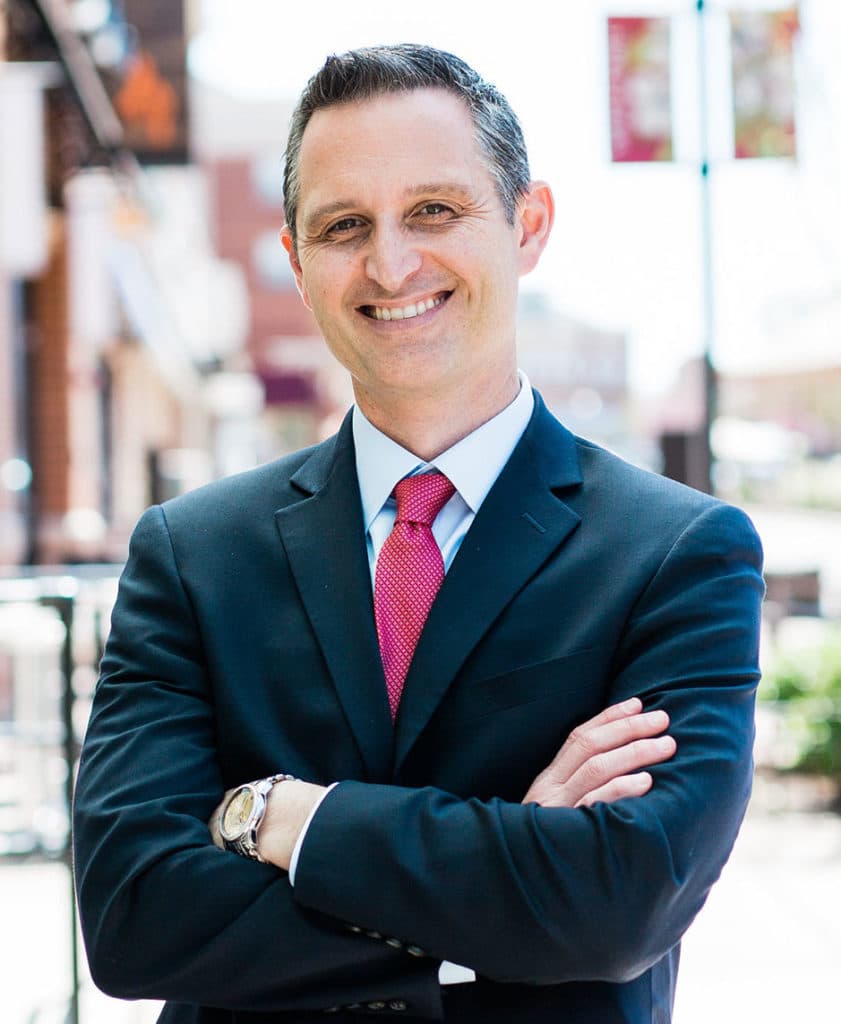Reversing an Adoption in Virginia
[01.29.2021]
Can a Virginia Adoption be Reversed?
It may surprise you to learn that there are some situations where a finalized adoption can be reversed. After it’s finalized, if one party wants to initiate the reversal, he or she would need to submit a petition to the family court. This is most commonly done by either the child’s birth parents or the child’s adoptive parents. If the court does opt to reverse the adoption, the child’s birth certificate will be changed to reflect what it said before the adoption.
Adoptions are complicated, and reversals are even more complex. It’s important to retain a Virginia adoption attorney if you have questions or need assistance with reversing an adoption.
Who Can Initiate a Virginia Adoption Reversal Request?
Only certain parties can initiate the reversal process. These include:
- The child’s birth parents: If a child’s birth parents are interested in regaining their parental rights and reversing an adoption, the adoptive parents would need to consent to the reversal. In some states, even if the adoptive parents give their consent, the birth parents will not get their parental rights back.
- The child: There are several scenarios where a child may be the one who wants the adoption reversed. One of the more common reasons is that the relationship with the adoptive parents is breaking down or has failed completely. Another reason a child may initiate reversal proceedings is when he or she wants to be emancipated from the adoptive parents.
- Child’s adoptive parents: It’s rare that the adoptive parents would want to reverse an adoption, but it occasionally happens. According to an article in The Atlantic, the U.S. Department of Health and Human Services in the United States estimates that anywhere between one and five percent of the 135,000 annual finalized adoptions are reversed or dissolved.
Revoking Consent in a Virginia Adoption
Before an adoption is finalized, consent can be revoked. An adoption cannot be finalized unless there is clear consent. Some situations allow for consent to be revoked, even if it’s been finalized. These include:
Child’s best interests: The court has the authority to revoke the adoption if they determine it’s in the child’s best interest.
Fraud or duress: Consent will be deemed void if adoption consent was obtained through fraudulent means, or the person giving the consent was under duress.
Refusal timeframe: A child’s birth parents have a short period before the adoption is final to change their minds.
You should not attempt to go through an adoption without legal assistance, as there is the risk of too many things going wrong — including the birth parents wanting to reverse the adoption.
To learn how our team can help, contact WhitbeckBennett by calling 800-516-3964 or by emailing clientservices@wblaws.com.
Related: Adoption

John Whitbeck
Partner
John C. Whitbeck, Jr. is the founder of WhitbeckBennett. His practice focuses on family law, special education law, and mental health law. He regularly practices in several jurisdictions in the Northern Virginia area. He has also been certified as an expert witness in litigation.
